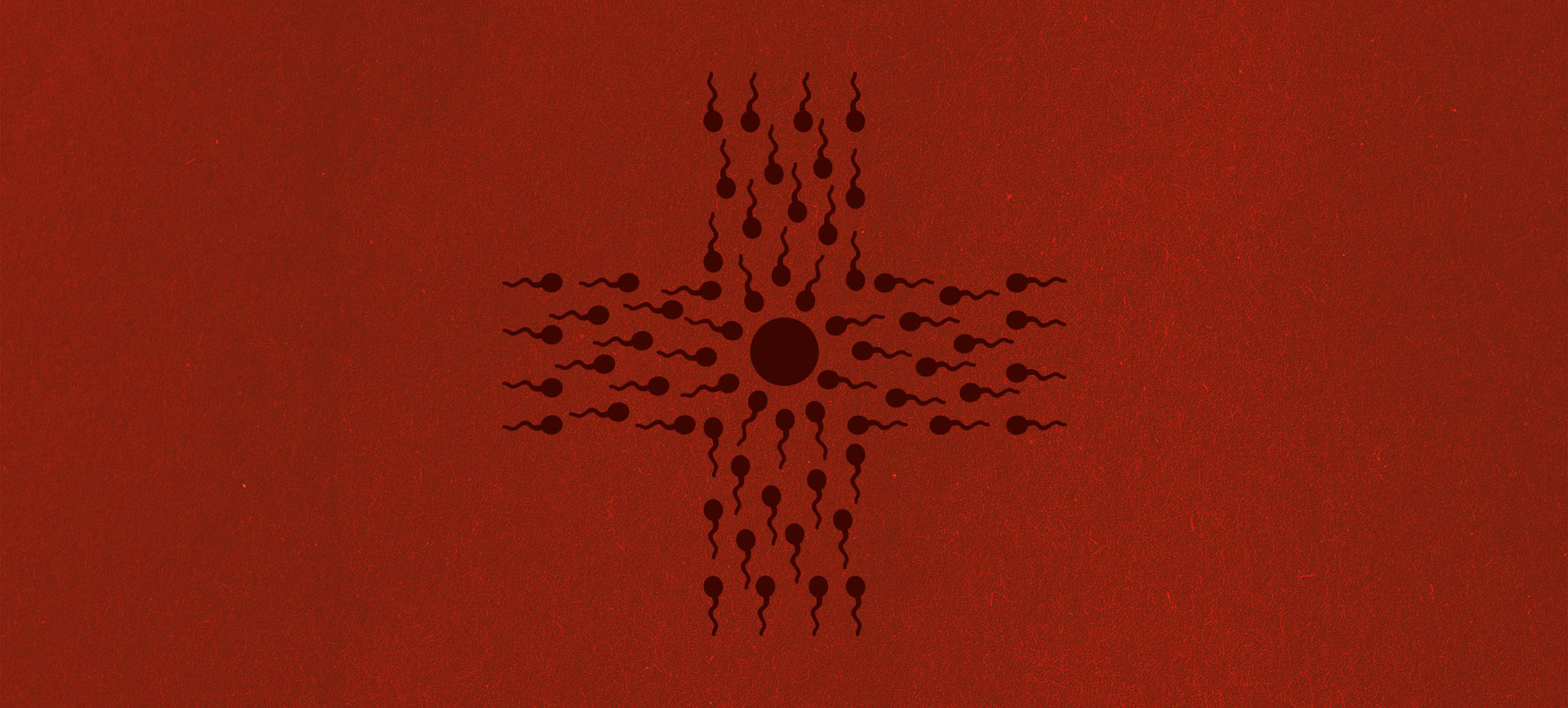"Fertility health" refers to a person's ability to conceive children. But fertility health has important overlaps with our overall health, too—especially for women, whose well-being can be greatly impacted by their monthly cycle. Understanding fertility health can lead to a better understanding of your cycle, your overall health and your future in terms of your ability to conceive and when you might experience perimenopause and menopause.
For example, one of the hormones doctors will measure in an initial fertility assessment is AMH, or anti-müllerian hormone. This hormone is considered reflective of your ovarian reserve, or how many eggs you have left. Women are born with all of the eggs they will ever have, and that number declines as we age. In our 30s, it declines more rapidly.
While AMH cannot tell you definitively how much time you have left in your fertile years, it can tip you off to premature ovarian aging or early menopause, which can help you recognize symptoms such as mood swings, brain fog and hot flashes.
If you are hoping to have children one day, knowing your AMH levels can help you make an informed decision on timing. If your level is on the lower end and you want to have several kids, it might be wise to start soon or consider egg-freezing. And if your level is average or high for your age, then you can rest assured that you have time to make family planning decisions.
Fertility health education is also a great way to get educated on organs and systems we may have learned about in health class many years ago but have gone largely unmentioned since.
Did you know that a history of certain STIs, fibroids, pelvic inflammatory disease (PID) and endometriosis can all cause blockages in the fallopian tubes that might prevent an egg from passing through after ovulation? Did you know that, on the bright side, you only need one working fallopian tube to get pregnant? I didn't—until a nurse at the fertility clinic showed me a diagram and explained. I learned so much about my body in that very first consultation.











